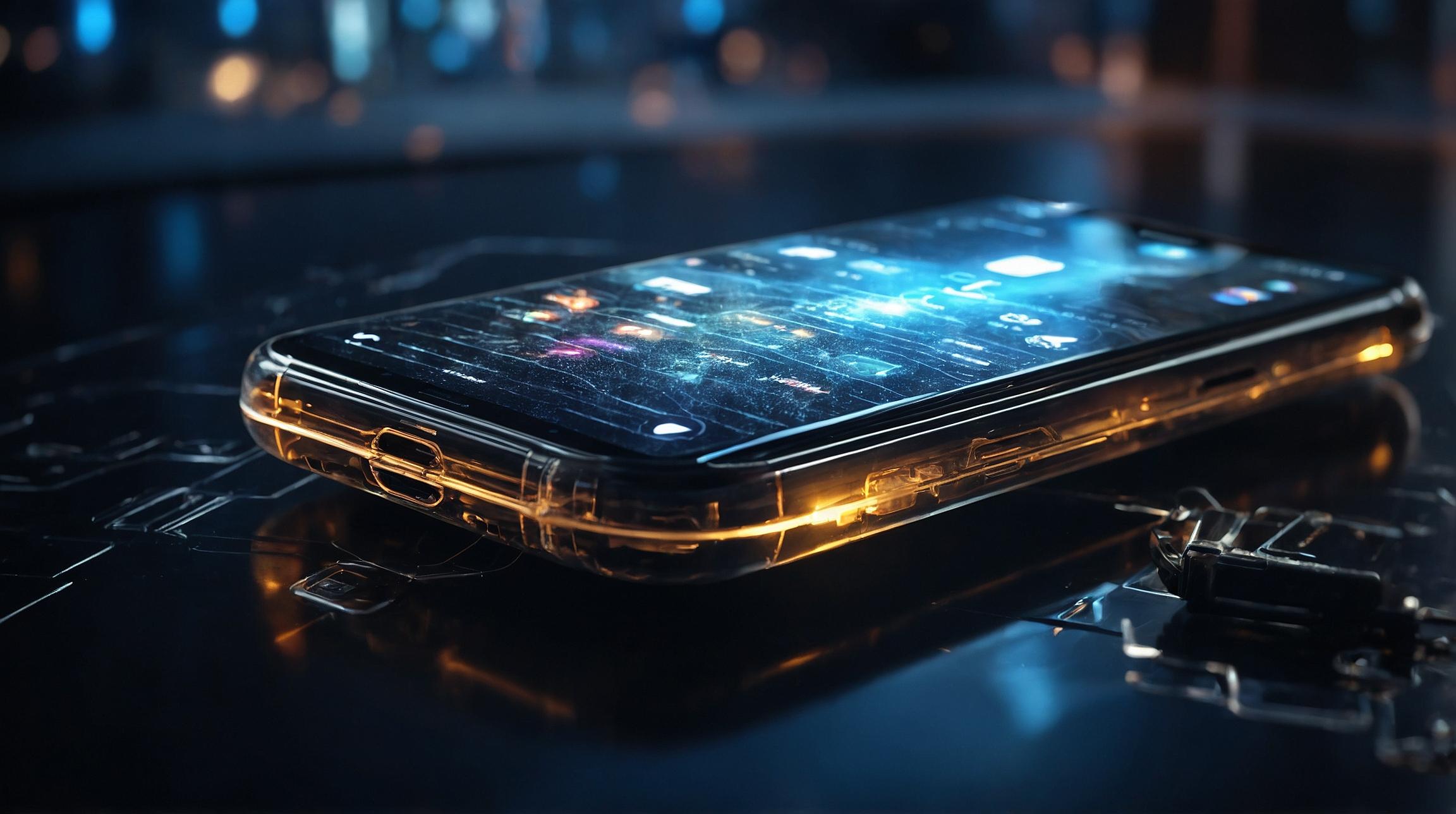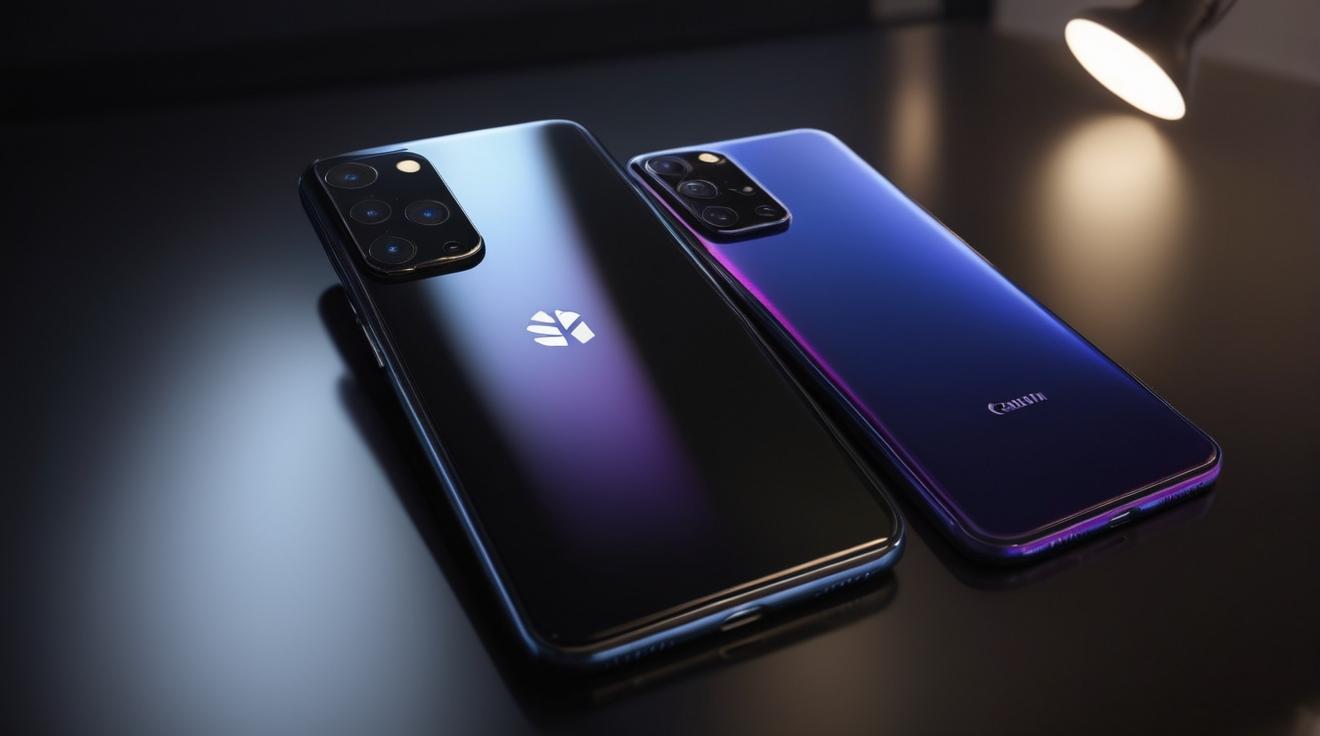The Mobile Device Security Landscape
Mobile devices are a central part of our daily lives, integrating communication, navigation, finances, productivity, and health care. However, with this convenience, comes security risks. Protecting our mobile devices is crucial to prevent fraud, data theft, and other malicious activities that can impact our personal and professional lives.
Why Mobile Device Security Matters
Imagine your mobile phone as an extension of yourself. It holds precious personal messages, photos, financial details, health records, and more. With the rise of remote work and bring-your-own-device policies, your mobile device is also a gateway to sensitive organization data. The sheer volume of information on these devices makes them prime targets for cyberattacks.
For example, a mobile device may contain $14,000 worth of data on average. However, the reality is stark: many users do not prioritize device security, often feeling pressured to "sacrifice security to get the job done."
Vulnerabilities in Mobile Applications
Mobile applications often pose significant security risks. If not developed with security in mind, these apps can expose sensitive information to malicious actors. Malicious activities can include:
- Data leaks or theft
- Monitoring user activities
- Controlling other connected devices
In March 2024, millions of 2FA codes for services like Google, WhatsApp, and Facebook were leaked online. Hackers intercepted these codes, highlighting the risk associated with using SMS for critical security functions.
The Insecurity of SMS
Short Message Service (SMS) is a widely used technology but also a double-edged sword. SMS lacks encryption and user authentication, making it inherently insecure. Malicious actors often exploit these weaknesses through techniques like Subscriber Identity Module (SIM) swapping.
For instance, by persuading a telecom provider to transfer a phone number to a new SIM card, hackers can intercept messages, including 2FA codes. With additional personal information (e.g., name, email, home address), they can gain unauthorized account access and conduct fraud.
Moving Towards Secure Solutions
Developers are working on more secure alternatives to SMS, such as Rich Communication Services (RCS). RCS supports end-to-end encryption, file sharing, and improved messaging capabilities, offering better protection against interception and spoofing attacks.
Policy and Industry Solutions
Secure-by-Design and Secure-by-Default
Secure-by-design principles prioritize security during the design and development phase of software and hardware. Similarly, secure-by-default principles ensure a product is as secure as possible out-of-the-box, without needing additional configurations. This shifts the burden of security from end-users to developers.
Cyber Trust Mark
The Federal Communications Commission has proposed a Cyber Trust Mark program, allowing products that meet established cybersecurity criteria to display a logo. This logo helps consumers make informed decisions about the security of products they bring into their homes.
Consumer Education
Educating consumers about cybersecurity risks and best practices is crucial. Many users compromise security for convenience, urgency, or saving money. Actions like reusing passwords, clicking on links from unknown senders, or sharing credentials to an untrusted source are common but risky. Using secure messaging apps, enabling multi-factor authentication, and regularly updating software can significantly reduce vulnerabilities.
Conclusion: A Collaborative Approach
The cybersecurity risks associated with mobile devices are a pressing concern that requires a collaborative approach from consumers, industry, and government. Consumers can drive change through their buying power, the industry can adopt secure-by-design principles, and governments can incentivize these practices. Together, we can mitigate risks and leverage the full potential of mobile technology safely and securely.
Ensure your mobile device is secured to protect your personal and professional life. Stay informed, prioritize security, and use your influence to foster a more secure mobile environment.













